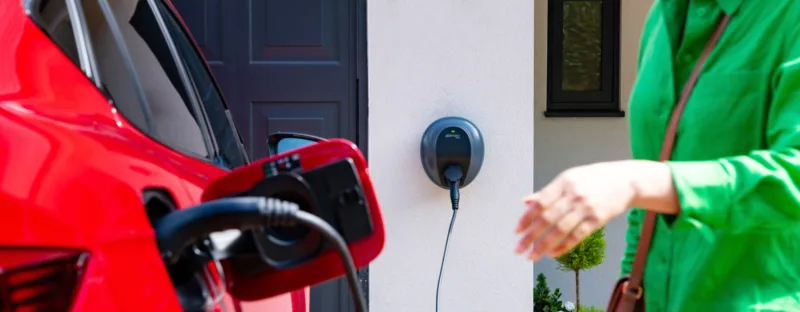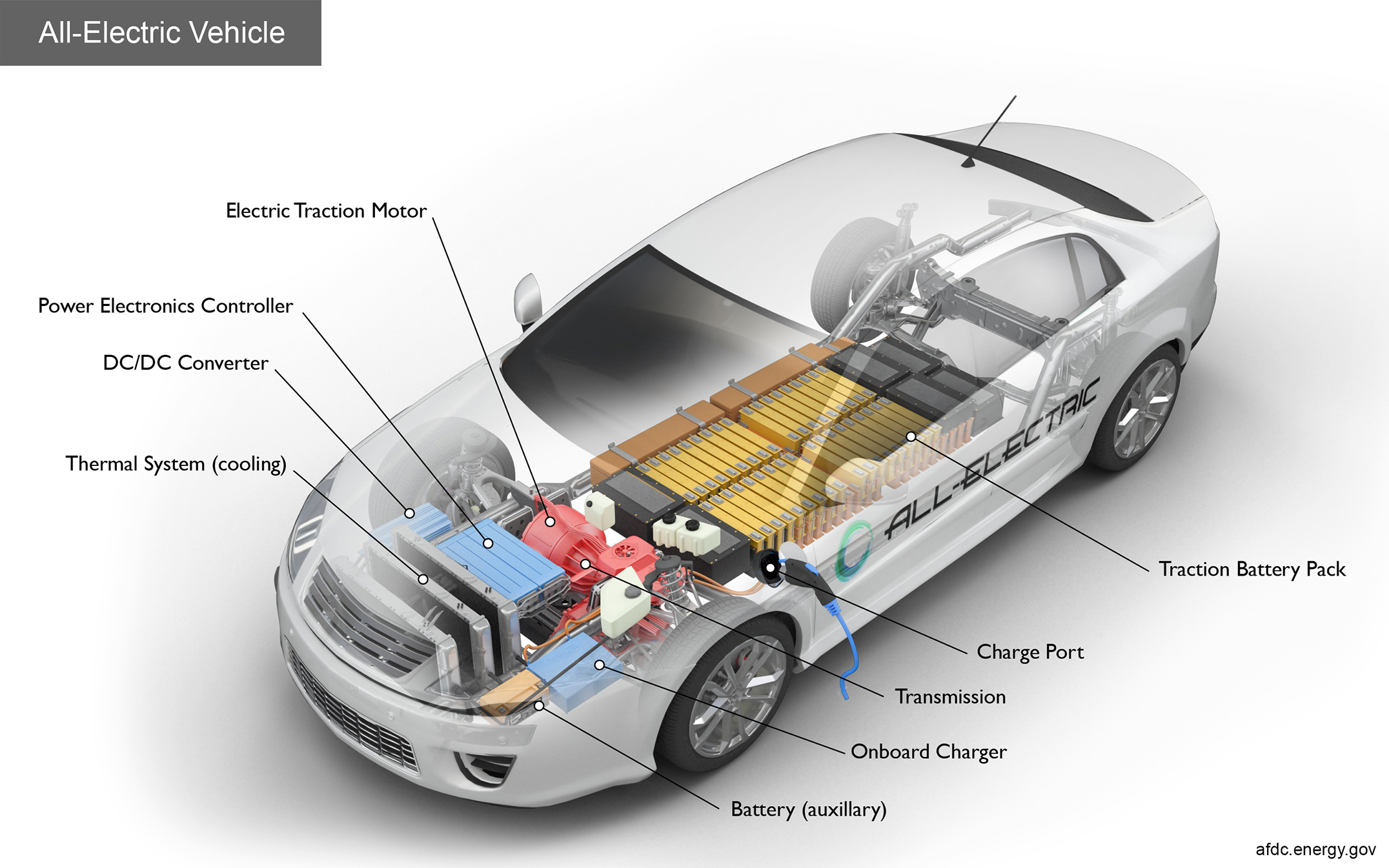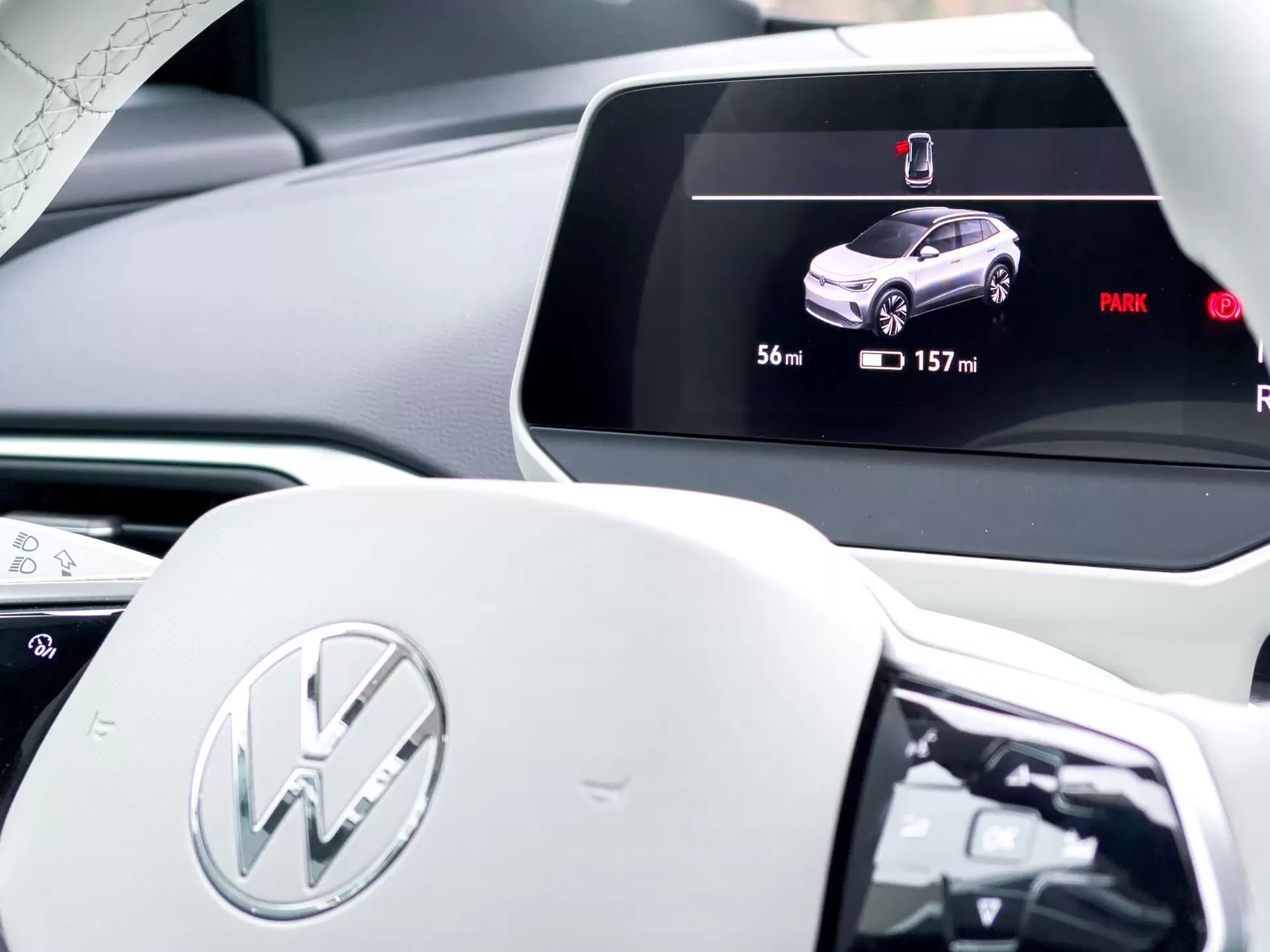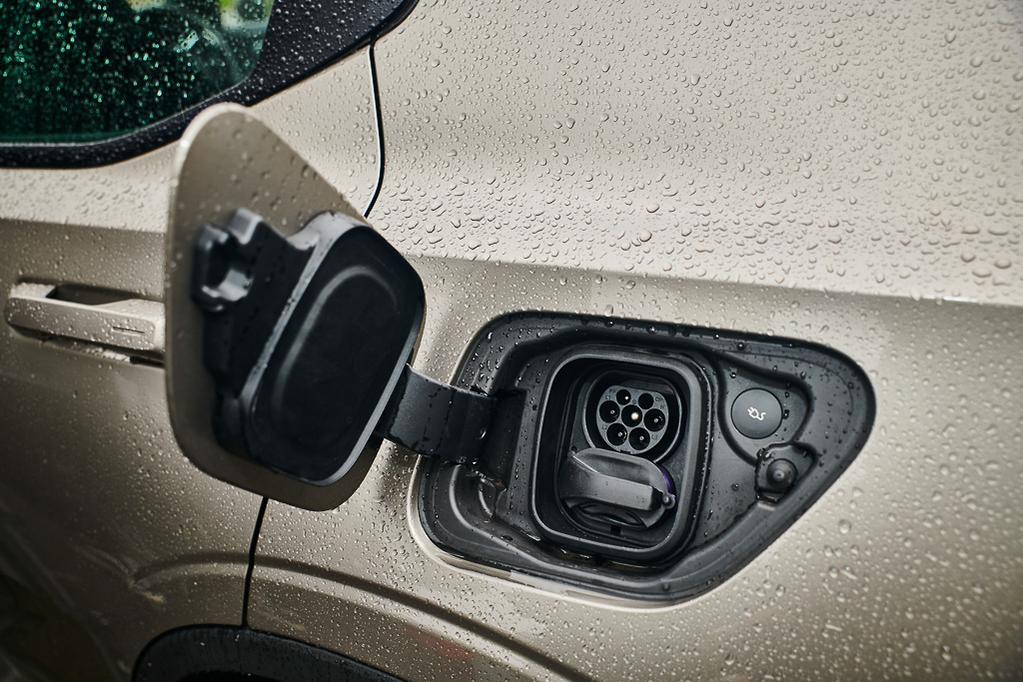EV vs Hybrid Cars: Which Is Better for You?
The EV vs hybrid debate is a worthwhile conversation. The truth is, in the Venn diagram of electrified vehicles, these two do have some overlap but they also have stark differences. Where one shines, the other may lag behind and vice versa.
So, EV or hybrid - which is better? In this blog, we’ll give you an in-depth analysis of both vehicle types, looking at the differences, pros, cons, and environmental impacts to help you make an educated decision for which vehicle type best suits your lifestyle.

What Is the Difference Between EV and Hybrid Cars?
What is an Electric Vehicle (EV)?
An electric vehicle, or EV, is a vehicle that runs on an electric motor that’s powered by a lithium-ion battery. Not entirely dissimilar to your average household appliance, these vehicles use external chargers to power up and run on electric power instead of fuel.
EVs emit no tailpipe emissions, so they have far less of an environmental impact than traditional internal combustion engines. Instead of filling up at a petrol station, EVs can be charged at public charging stations or at home once you have a charger installed.
What is a Hybrid Vehicle?
A hybrid vehicle, then, can be seen as an intermediary between a fully electric vehicle and a petrol-fuelled vehicle. Hybrids offer a best-of-both-worlds scenario that allows drivers to use both a traditional internal combustion engine and an electric motor in tandem to get from point A to point B.
These two work together to improve fuel efficiency and can intelligently switch from engine to motor depending on the driving conditions to power your vehicle efficiently.
Key Differences Between EV and Hybrid Cars
Aside from their engines and motors, the main differences between hybrids vs EVs are their fuel efficiency, emissions, and maintenance. Refer to the table below for a quick overview:
Pros and Cons of EV Cars
Benefits of Driving an Electric Vehicle
We’ve already stated that an EV’s primary benefit is the lower emissions that lead to less of an impact on the environment. However, aside from the eco-friendly aspect, EVs also have much cheaper long-term maintenance due to not having a traditional internal combustion engine.
They eliminate petrol costs and the state and federal governments have several incentives including subsidies, rebates, tax exemptions, and registration fee discounts to encourage drivers to adopt electric vehicles.
Drawbacks of EV Cars
Of course, there are also downsides to keep in mind when considering switching to an EV. EVs have a limited range per charge and take much longer to refuel. With fewer charging stations at the moment, finding somewhere to charge can be inconvenient depending on where you live. You will also pay a higher upfront cost when purchasing an EV.
Who Should Consider an EV?
Everyone should at least consider an EV. Realistically though, EVs are better suited for city drivers, the environmentally-conscious, and those with the ability to install a home charger. With the rapidly growing public EV charging infrastructure, any reluctant EV doubters should have no issues finding a nearby station in the near future.
.webp)
Pros and Cons of Hybrid Cars
Benefits of Driving a Hybrid Vehicle
Hybrids are a great option because they give drivers an extended driving range by running on both gasoline and electric power. This leads to reduced fuel consumption and, because of a process called regenerative braking, they don’t need to be charged externally.
Regenerative braking charges the lithium-ion battery by feeding it with kinetic energy when the hybrid vehicle slows or comes to a stop.
Drawbacks of Hybrid Cars
As we’ve said, hybrids have much higher maintenance costs because you essentially have an electric and traditional petrol vehicle in one. This means added complexity under the hood.
You’ll still have to get oil changes and filters in addition to the added electric components. The electric motors are also expensive to replace. Hybrid vehicles are also less environmentally friendly.
Who Should Consider a Hybrid Vehicle?
Hybrids are great for those who frequently drive longer distances, don’t have many charging stations nearby, and detest the idea of constantly having to charge their car. Hybrids make the perfect “in-between” vehicle for drivers who want to lessen their environmental impact but aren’t quite ready to fully dive into an EV.

Which is Better: EV or Hybrid?
Hybrid vs EV, which is better? Let’s break it down.
Cost Comparison Between EVs and Hybrids
Due to their complicated manufacturing, you’re most likely going to pay more upfront for an EV. The idea is that throughout the lifecycle of your EV, you’ll end up saving far more. So it’s an investment that should yield a great ROI.
Hybrids are generally cheaper to buy and EVs are cheaper to run. We’ve already mentioned maintenance costs, but this is a major selling point for EVs. Most EVs are also road tax-free, lowering costs even more.
Environmental Impact
While it’s true that EVs produce zero emissions while on the road, the production of these vehicles still contribute to carbon emissions. Hybrid vehicles pollute while on the road but not near the level that petrol vehicles do.
For an EV, almost half of its total carbon footprint comes from production. Both EVs and Hybrids actually create more carbon emissions during the production stage than internal combustion engine vehicles.
Driving Experience
EVs operate virtually silently and present a smooth driving experience thanks to instant torque and a lower centre of gravity. Hybrids, on the other hand, have electric motors that can aid the gasoline engine in better acceleration and fuel efficiency. Think of a traditional driving experience but with an added electric performance punch.
EVs have to be charged which can be inconvenient and time-consuming, whereas Hybrids only need to be refuelled and have a longer range. Petrol costs are higher than electricity though, which is worth keeping in mind.
Which One Should You Choose?
Consider Your Daily Commute
If you’re primarily a city driver or have a shorter commute, EVs are a great option—especially if you opt for a home charging station. If you frequently take longer trips, constantly charging would be inconvenient, or you live where there aren’t many charging stations nearby, you may want to look into a hybrid.
Environmental Concerns
EVs are an environmentalist’s dream, offering zero tailpipe emissions and the ability to recharge using renewable energy. Hybrid enthusiasts shouldn’t feel too bad though, as they can still reduce their carbon footprint more than driving a traditional petrol vehicle.
Budget Considerations
An EV will cost you more upfront, but with government incentives and lower maintenance costs, an electric vehicle will save you more money over time.
Hybrids are the complete inverse of this: lower purchase price but higher maintenance costs and the additional cost of petrol. Ultimately, the choice is yours and you should pick your hybrid vs EV pleasure wisely.
Ready to Charge Your EV at Home?
revcharge offers home charging stations from the top brands in the business and can even send a technician to your home to install it when you opt for the end-to-end charging service. Have any questions? Don’t hesitate to contact us and receive a free, no-obligation quote.




.webp)


